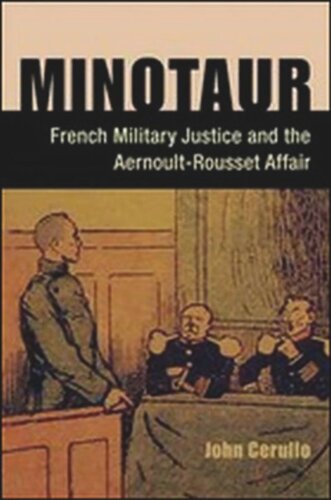

Most ebook files are in PDF format, so you can easily read them using various software such as Foxit Reader or directly on the Google Chrome browser.
Some ebook files are released by publishers in other formats such as .awz, .mobi, .epub, .fb2, etc. You may need to install specific software to read these formats on mobile/PC, such as Calibre.
Please read the tutorial at this link: https://ebookbell.com/faq
We offer FREE conversion to the popular formats you request; however, this may take some time. Therefore, right after payment, please email us, and we will try to provide the service as quickly as possible.
For some exceptional file formats or broken links (if any), please refrain from opening any disputes. Instead, email us first, and we will try to assist within a maximum of 6 hours.
EbookBell Team

4.0
66 reviewsOn February 11, 1912, an estimated 120,000 people in Paris participated in a ceremony that was at once moving and macabre: a public procession to Père Lachaise Cemetery, where the remains of a soldier named Albert Aernoult would be incinerated after a series of angry speeches denouncing the circumstances of his death. This ceremony occurred at a pivotal point in the "Aernoult-Rousset Affair," a three-year agitation over the practice of French military justice that was labeled a "proletarian Dreyfus Affair." Aernoult had died in one of the French Army's Algerian penal camps in the summer of 1909, allegedly at the hands of his officers. His death came to the attention of the public through the intervention of a fellow prisoner, a career criminal named Émile Rousset, who provoked prosecution in a military court in order to launch his own J'accuse against camp officers. Rousset's charges seemed to be bearing fruit until he himself was indicted for murder, whereupon the entire Affair took on a new intensity. Cerullo's lively, suspenseful account of this dramatic story, which has never been fully told, will become the standard. In the current era of special military courts, commissions, and prisons, the subject of military justice is an urgent one. Minotaur will interest historians of modern France, military historians and students of military justice, and legal scholars, while also appealing to general readers of modern European history and military law.